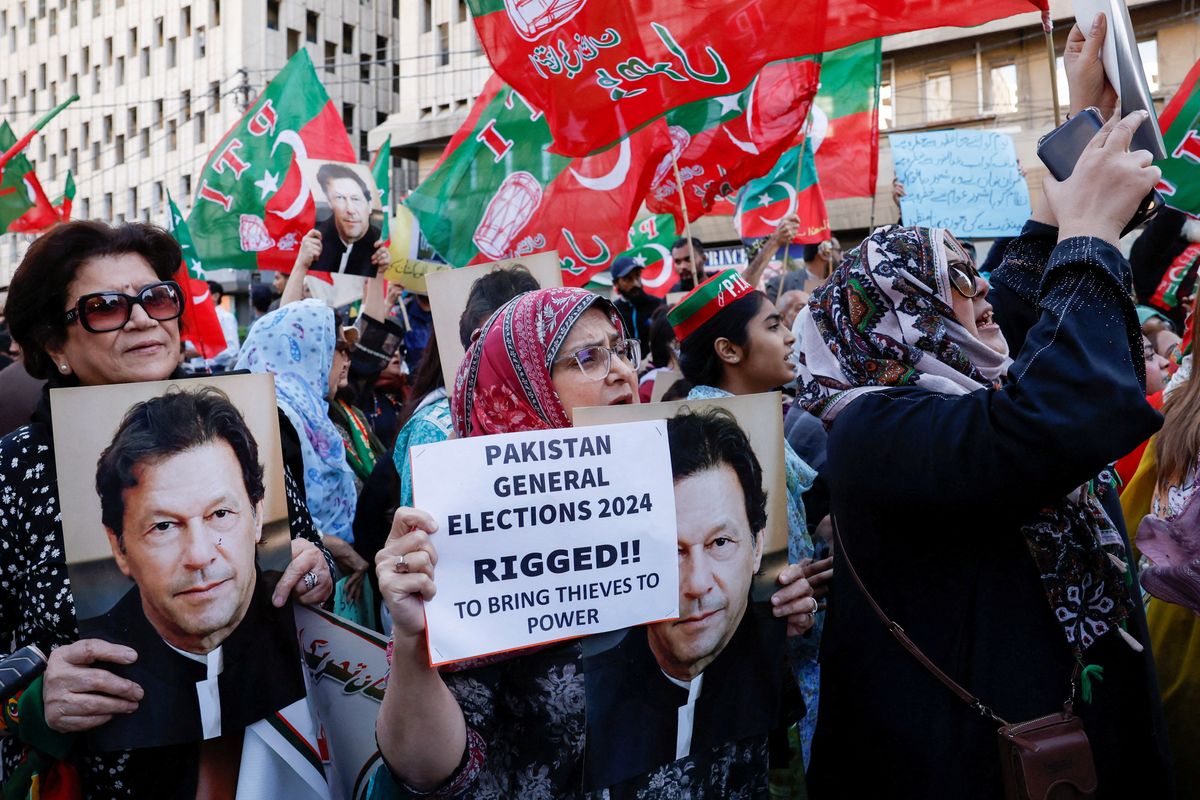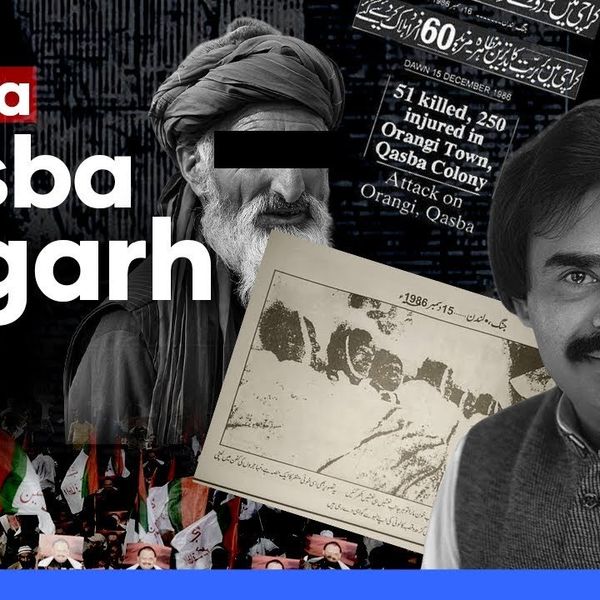Pakistan’s top court says electoral watchdog violated voters’ right by denying PTI recognition in polls
Apex court outlines 39 critical aspects explaining why PTI is entitled to reserved seats in detailed verdict

Aamir Abbasi
Editor, Islamabad
Aamir; a journalist with 15 years of experience, working in Newspaper, TV and Digital Media. Worked in Field, covered Big Legal Constitutional and Political Events in Pakistan since 2009 with Pakistan’s Top Media Organizations. Graduate of Quaid I Azam University Islamabad.

Apex court gives ECP 15 days to collect signed statements from 41 remaining members and recognize them as parliamentarians immediately
Emphasizes importance of transparency in electoral process and the role of courts in safeguarding voters’ rights
Pakistan's top court released a detailed verdict on its July 12 order in the reserved seats case, which declared the jailed former prime minister Imran Khan-led Pakistan Tehreek-e-Insaf (PTI) a parliamentary party.
The 70-page judgment criticized the country's electoral watchdog - the Election Commission of Pakistan (ECP) - for failing to uphold its constitutional duty during the 2024 general elections, labeling its decision to withhold reserved seats from the PTI as illegal and unconstitutional.
With an 8-5 majority, the court reinstated the PTI's entitlement to reserved seats for women and minorities, significantly altering the parliamentary balance and stripping the ruling alliance of its two-thirds majority.
Chief Justice Qazi Faez Isa was among the minority judges, while Justice Mansoor Ali Shah, set to become the next chief justice, was part of the majority.
The judgment extensively outlined 39 critical aspects explaining why the PTI is entitled to the reserved seats. The ruling reaffirmed the PTI’s status as a legitimate parliamentary party and critiqued the ECP's failure to recognize this.
The detailed verdict emphasized the significance of elections and the role political parties play in Pakistan’s democratic system. It also condemned the ECP for actions deemed illegitimate, particularly its decision on February 2, 2024, not to recognize the PTI candidates for reserved seats.
The court’s detailed reasoning examined several constitutional questions, including the scope of Article 17(2), which guarantees the right to form a political party, and the consequences of denying a party an election symbol under the Elections Act, of 2017. It also addressed the impact of such a denial on other constitutional and statutory rights of the political party.
“The order of the Election Commission of Pakistan, dated February 2, 2024, refusing to declare Salman Akram Raja as a PTI candidate, was both unconstitutional and unlawful,” the verdict stated. The court further elaborated on the right to vote and freedom of expression as outlined under Articles 17 and 19 of the Constitution.
The Supreme Court also nullified a Peshawar High Court ruling, declaring that depriving the PTI of its election symbol did not affect its legal or constitutional right to contest elections. The judgment criticized the dissenting notes from two judges, Justice Aminuddin and Justice Naeem Afghan, asserting that their opposition failed to adhere to constitutional principles.
The judgment delved into various constitutional questions raised during the case, including the principle of strict construction of statutes that impose penalties or curtail fundamental rights.
It explored whether a political party declared ineligible for an election symbol could still nominate candidates as independents. The court ruled that any such nominations would not affect the party's overall constitutional and legal rights.
The court also emphasized that removing a party’s election symbol, as the ECP did with the PTI, is not just a procedural action but one with severe political consequences. This, the court argued, violated Article 17(2) of the Constitution, which guarantees a party's right to participate in the political process.
The court ruled that the ECP must take immediate action to recognize the remaining PTI members of parliament, having already confirmed 39 out of 80 members. The ECP has been instructed to collect signed statements from the remaining members within 15 days.
The judgment also stressed the importance of transparency in the electoral process. “It is the responsibility of the courts to ensure that those elected by the people are able to fulfill their duties with transparency,” the ruling stated. The Supreme Court reiterated its role as the guardian of voters’ rights, ensuring the democratic process remains intact.










Comments
See what people are discussing